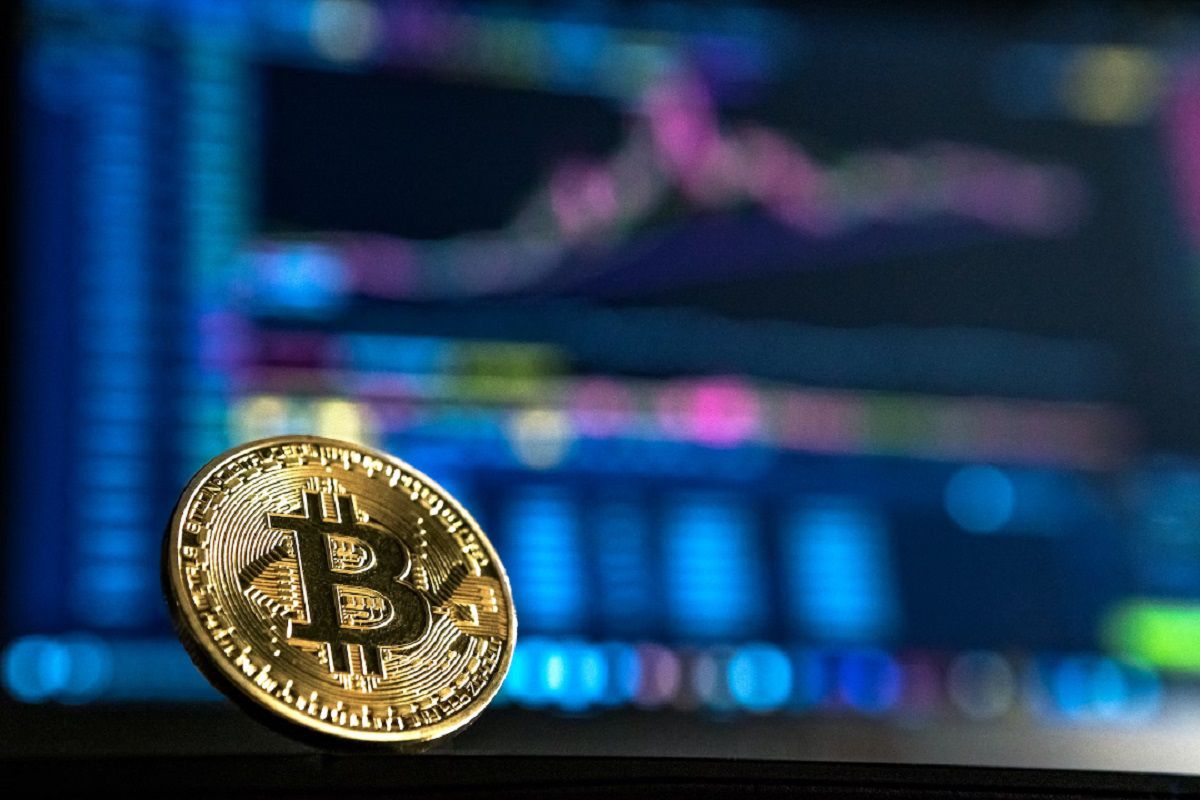The heads of the G20 countries called for measures to be taken and intensive work to implement global rules in the area of cryptocurrencies as soon as possible.

The media reports that this association of states intends to launch the exchange of financial information between the countries in 2027. The declaration on the results of the G20 summit in India, which, according to journalists, has the nature of consensus from the point of view of the consistency of the positions of the parties, calls for the speedy implementation of the Crypto-Asset Reporting Framework (CARF) and amendments to the CRS (Common Reporting Standard).
Also in a joint statement, the participants of the international association appealed to the Global Forum on Transparency and Exchange of Information for Tax Purposes with a request to determine a suitable and coordinated time frame for launching the exchange process between the relevant jurisdictions.
The framework program will be extended to several countries. In this case, the geography of application is due to the fact that two-thirds of the world’s population live in the G20 countries.
Media reports that political leaders following the summit in India also approved the recommendations of the Financial Stability Board (FSB) on regulation, supervision of the activities and markets of crypto assets, and global agreements on stablecoins.
In July, the FSB stated that its structure provides a solid basis for activities related to the use of digital currencies and stablecoins to be within the scope of a consistent and comprehensive regulatory mechanism commensurate with the potential risks that these assets contain. At the same time, the organization announced its readiness to introduce responsible innovations resulting from technological changes.
The watchdog group’s rules stipulate that cryptocurrency platforms must separate customer funds from their own assets. Also, the regulatory framework contains requirements for a clear distribution of functions in order to prevent the risk of a conflict of interest. Regulators, according to the rules, should take on the issues of ensuring supervision and close cross-border cooperation.
The proposals and recommendations of the G20 appeared after a very difficult year in the area of cryptocurrencies. In 2022, processes began in this sector of the global financial system and events took place that formed something like a period of severe trials. The decline has been fixed in the digital asset market. In addition, regulators have entered into a confrontation with such major industry representatives as Binance and Coinbase. Another negative factor affecting the state of affairs in the фкуф of digital money was the criminal proceedings against the founders of Celsius and FTX.
Experts say that at present there is a gradual emergence of contours of the field of confrontation between central banks and private issuers in areas related to virtual currencies. According to analysts, the emerging state of affairs may eventually lead to the fact that the process of using stablecoins will be carried out in the so-called fragmented landscape. This means that in some regions assets will be approved, while in others they will either be banned or allowed, but subject to a number of restrictions.
Fabio Panetta, a member of the Executive Board of the European Central Bank (ECB), announced the scaling of private closed solutions in the payment industry. In his opinion, this trend is evidence of at least some risk for traditional models of financial services. He is also convinced that private payment services can and will strive to gain market share as their customer base expands.
As we have reported earlier, US House Republicans Revise Crypto Oversight Bill.









